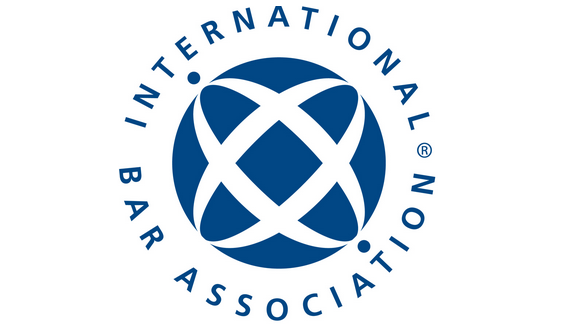In an increasingly digital world, sharing family moments online has become second nature. Photos of first words, birthday videos, or snapshots of everyday life fill countless social media feeds.
This practice — known as sharenting (a blend of sharing and parenting) — raises important legal and ethical questions, particularly when it comes to protecting children’s privacy and image rights.
Personality rights: not the parents’ to dispose of
Under Portuguese law, every person has the right to privacy and to the protection of their image. For children, these rights deserve special consideration, given their vulnerability and the legal priority afforded to their best interests.
Although parents or guardians play a key role in protecting their children, personality rights cannot be freely disposed of by third parties — not even by parents. Their protection must always follow the best interests of the child, as enshrined in Article 1878 of the Portuguese Civil Code.
Sharenting and parental conflict
In cases of separation or divorce, sharing images of children can often lead to disagreement between parents. Posting content unilaterally, especially against the other parent’s wishes, may amount to a violation of joint parental responsibilities.
Portuguese courts have increasingly restricted or prohibited the publication of images of minors, recognising that such exposure can infringe on the child’s rights to image, privacy, and emotional well-being. The National Data Protection Authority (CNPD) has also warned of the risks of excessive online exposure, including cyberbullying and the misuse of images by third parties.
When sharenting borders on child labour
In certain situations, sharenting goes beyond personal sharing and veers into commercial exploitation of a child’s image. This occurs when children frequently appear in monetised or promotional content created by their parents.
Such cases may trigger the application of laws governing:
- The prohibition of child labour without authorisation from the Labour Conditions Authority (ACT).
- The restriction on using a child’s image for profit.
- The principle of the child’s best interests, which overrides any financial or reputational gain.
When these boundaries are crossed, parents may face civil liability, and authorities may intervene where there are signs of exploitation or undue exposure.
Protect before you post
Sharing family moments is a natural part of modern life — but when children are involved, caution is essential.
Digital parenting requires a balance between the wish to share and the duty to protect. Seeking specialised legal advice can help clarify boundaries and avoid risks, especially in sensitive situations like parental conflict.
Protecting children’s rights also means being mindful online — ensuring their image and privacy are safeguarded today and in the future.













